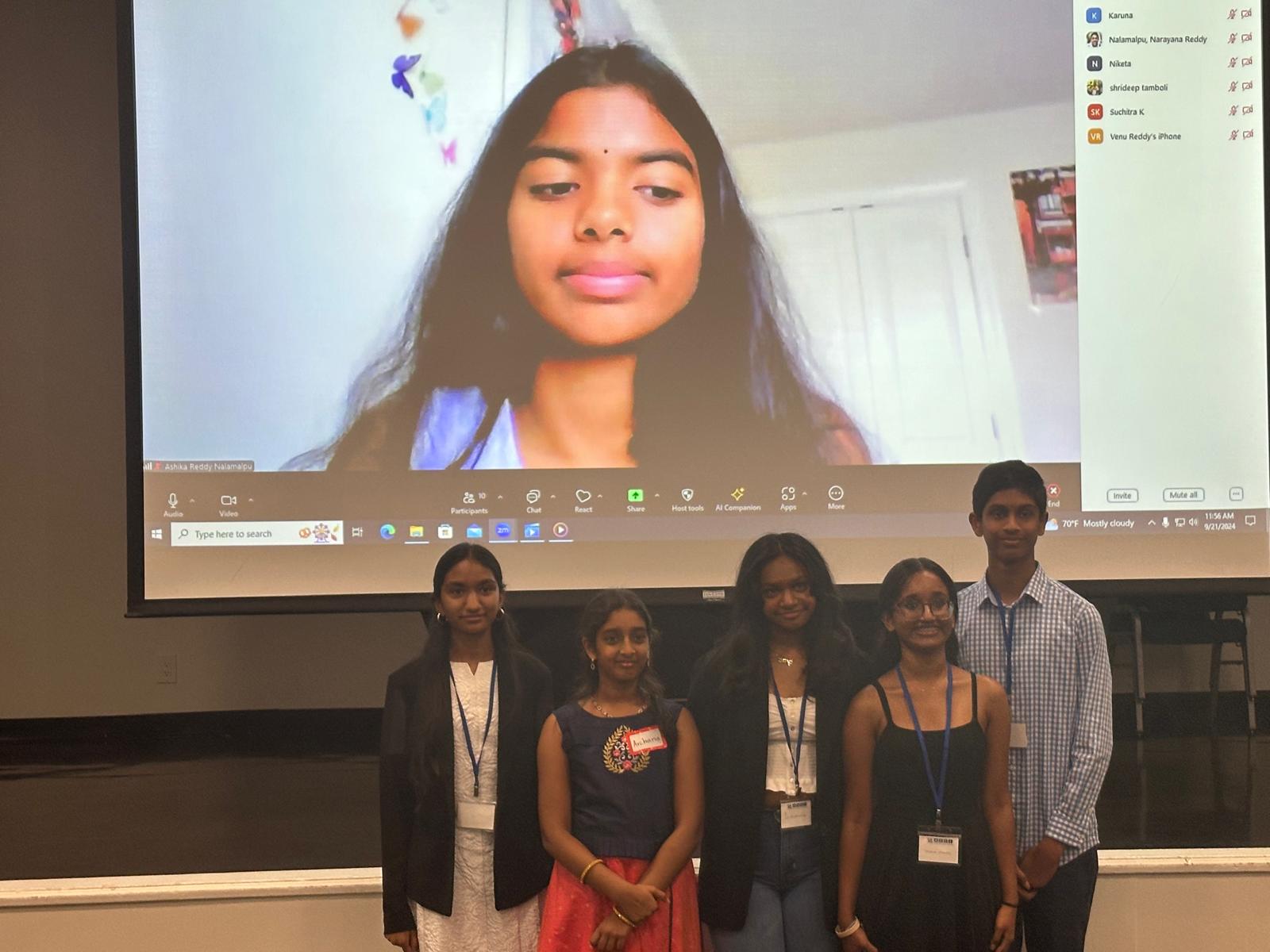Science teachers play a vital role in shaping students’ understanding and interest in the world of science. However, teaching science can be challenging, especially with the constantly evolving nature of science and the need to engage students who have diverse backgrounds and learning styles. This is where ChatGPT comes in, an artificial intelligence language model that can assist science teachers in developing innovative and effective teaching strategies.
In this blog post, we will provide 50 ChatGPT prompts for science teachers to enhance their teaching practices. These prompts cover a wide range of topics, including hands-on activities, teaching difficult scientific concepts, integrating technology, laboratory safety, the scientific method, critical thinking skills, student assessment, making science relevant, integrating literacy skills, promoting engagement, collaborative learning, diversity and inclusivity, climate change and environmental issues, growth mindset, art and creativity, project-based learning, differentiating instruction, scientific literacy and thinking, and scientific communication and presentation.
The purpose of this blog post is to provide science teachers with a valuable resource that they can use to improve their teaching practices and help their students develop a deeper understanding and appreciation of science. We hope that these prompts will inspire science teachers to be creative, innovative, and effective in their teaching practices.
Here is a list of 50 ChatGPT prompts for Science Teachers
Prompts for Incorporating Hands-On Activities
- How can you use inquiry-based learning to promote hands-on activities in science classes?
- What are some examples of hands-on activities that can help students understand scientific concepts?
- How can you incorporate experiments and demonstrations into your lesson plans?
- What are some ways to make hands-on activities accessible for all students, including those with disabilities?
- How can you use technology to enhance hands-on activities in science classes?
- How can you use project-based learning to engage students in hands-on activities?
- How can you use student-led investigations to promote hands-on activities in science classes?

Prompts for Teaching Difficult Scientific Concepts
- How can you break down complex scientific concepts for students?
- What are some strategies for teaching difficult concepts such as evolution or quantum mechanics?
- How can you make abstract concepts more concrete and tangible for students?
- What are some effective ways to teach students about complex topics such as genetics or climate change?
- How can you help students understand scientific concepts that challenge their existing beliefs?
- How can you use real-world examples to help students understand scientific concepts?
- How can you use multimedia resources to support the teaching of difficult scientific concepts?
Prompts for Incorporating Technology
- How can you use educational apps and software to enhance science classes?
- What are some examples of interactive simulations or virtual labs that can be used to teach science?
- How can you incorporate social media into science classes to encourage collaboration and discussion?
- How can you use podcasts or video content to supplement classroom instruction?
- How can you use technology to differentiate instruction for students with different learning styles?
- What are some strategies for incorporating online research and information literacy into science classes?
- How can you use augmented or virtual reality to enhance science classes?
Prompts for Teaching Laboratory Safety
- How can you create a safe and effective laboratory environment for science classes?
- What are some common safety protocols that should be followed in science classes?
- How can you teach students about laboratory safety and the consequences of not following safety procedures?
- How can you effectively communicate safety guidelines to students and ensure that they are followed?
- How can you ensure that students with disabilities can participate in laboratory activities safely?
Prompts for Teaching about the Scientific Method
- How can you teach students about the scientific method and the process of scientific inquiry?
- What are some strategies for incorporating the scientific method into science classes?
- How can you use case studies or historical examples to illustrate the scientific method?
- How can you explain the value of peer review in scientific research to your students?
- How can you encourage students to think critically and ask questions as part of the scientific process?
- How can you teach students about the limitations and uncertainties of scientific research?
- How can you incorporate discussions about ethics into science classes when teaching the scientific method?

Prompts for Developing Critical Thinking Skills
- How can you help students develop critical thinking skills in science classes?
- What are some strategies for incorporating problem-solving and inquiry-based learning into science classes?
- How can you use analogies or metaphors to help students understand complex scientific concepts?
- How can you encourage students to think independently and form their own opinions about scientific issues?
- How can you help students develop skills in data analysis and interpretation?
- How can you use divergent thinking activities to encourage creativity and innovation in science classes?
- What are some effective questioning techniques that can promote critical thinking in science classes?
- How can you use collaborative learning activities to develop critical thinking skills in students?
- How can you assess and evaluate critical thinking skills in students?
- How can you use multimedia resources (such as videos, podcasts, and interactive simulations) to engage students in critical thinking about science topics?
- How can you promote open-ended discussions in science classes that require students to analyze and synthesize information from multiple sources?
- How can you use problem-based learning to engage students in complex, real-world scientific problems that require critical thinking skills?
- How can you integrate cross-disciplinary perspectives (such as the intersection of science and art) to develop critical thinking skills?
- How can you create a culture of inquiry and reflection in science classes that fosters critical thinking skills?
- How can you encourage students to develop metacognitive skills, such as self-reflection and self-assessment, in order to improve their critical thinking skills?
- How can you use real-world examples and issues (such as climate change, vaccination, or environmental sustainability) to engage students in critical thinking about science and its impact on society?
Science teachers can improve their teaching practices and provide students with a more engaging and effective learning experience by using these prompts. They can also promote diversity and inclusivity in the classroom, develop students’ scientific literacy and critical thinking skills, and help them become better communicators and problem-solvers.
We encourage science teachers to use these prompts as a starting point to develop their own creative and innovative teaching strategies. By doing so, they can create a classroom environment that fosters a love for science and encourages students to pursue careers in science and technology. Together, we can inspire the next generation of scientists and make a positive impact on our world.



